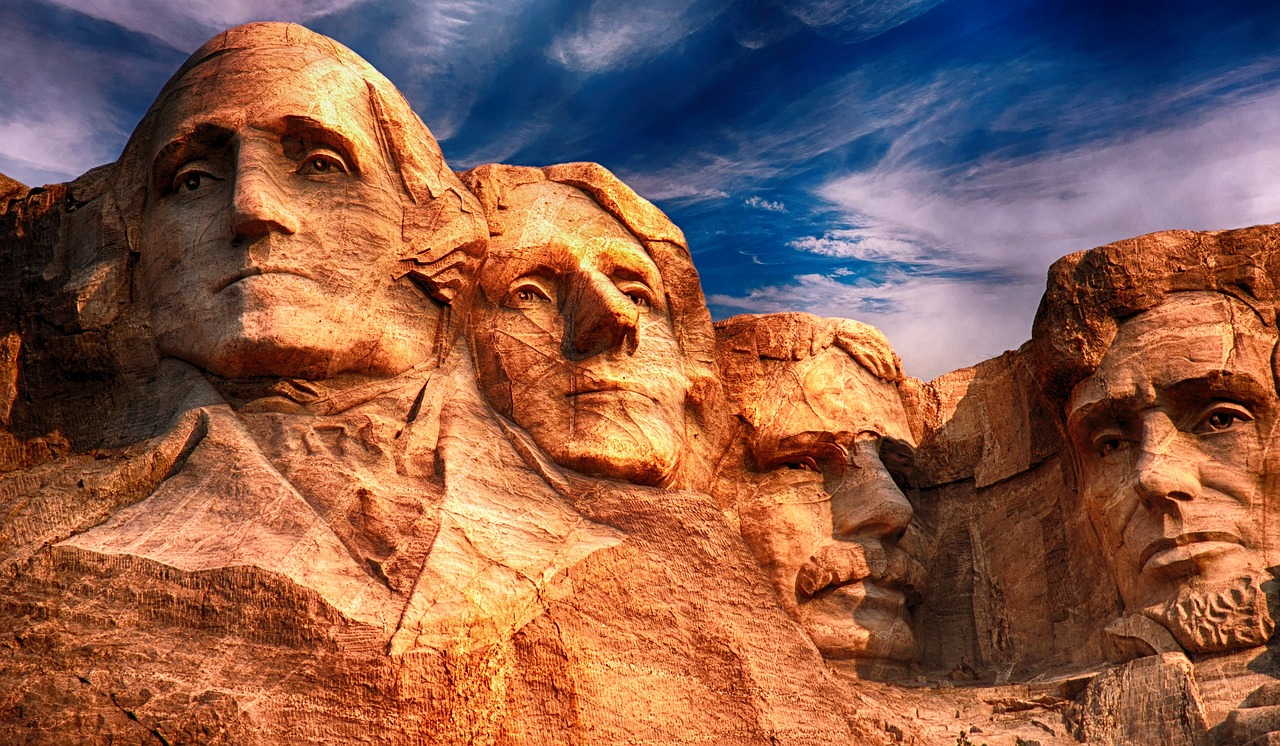The late 1960s witnessed the FBI’s covert surveillance on civil rights groups and prominent Black leaders such as the Black Panther Party and Martin Luther King Jr. The UC Berkeley Library’s database of FBI records on African American surveillance reveals a troubling history of abuse under the guise of combating communism. Tactics like spreading rumors and inciting violence against Black Extremists were employed, justifying surveillance as a means of preventing violence.

However, beneath the surface of these seemingly justified actions lies a more insidious agenda. The FBI’s surveillance, part of the COINTELPRO program, was not merely about maintaining law and order but about suppressing dissent and controlling marginalized voices. By targeting Black Nationalist Hate Groups, the FBI aimed to disrupt any movements that challenged the status quo, using surveillance as a tool of repression rather than protection.
The FBI’s actions against marginalized communities did not stop with surveillance. The agency’s involvement in investigating transnational organized crime groups, while seemingly noble in intent, serves a dual purpose. By focusing on criminal activities like drug trafficking and money laundering, the FBI not only targets criminal enterprises but also gains extensive surveillance capabilities that can be turned against any perceived threat to the existing power structure.
The implications of this dual approach to surveillance and investigation are far-reaching. Communities of color and marginalized groups bear the brunt of this surveillance, facing not only the threat of criminalization but also the erosion of their rights to privacy and dissent. The cycle of surveillance and control perpetuates a system where power remains concentrated in the hands of a few, using fear and surveillance as tools of domination.
In this intricate web of surveillance and control, the Intent, Means, and Opportunity of the FBI become clear. The intent is not just to combat crime but to maintain a system of power that thrives on surveillance and control. The means, from COINTELPRO to investigations of organized crime, provide the tools for this agenda. And the opportunity arises from the broad mandate given to agencies like the FBI, allowing them to operate with impunity under the guise of protecting national security.
Looking ahead, the trajectory of this unchecked surveillance and control leads to a future where dissent is stifled, and power remains concentrated in the hands of a few. By understanding the historical patterns of surveillance and control, we can challenge this system and strive for a future where rights are protected, and power is truly held by the people.

